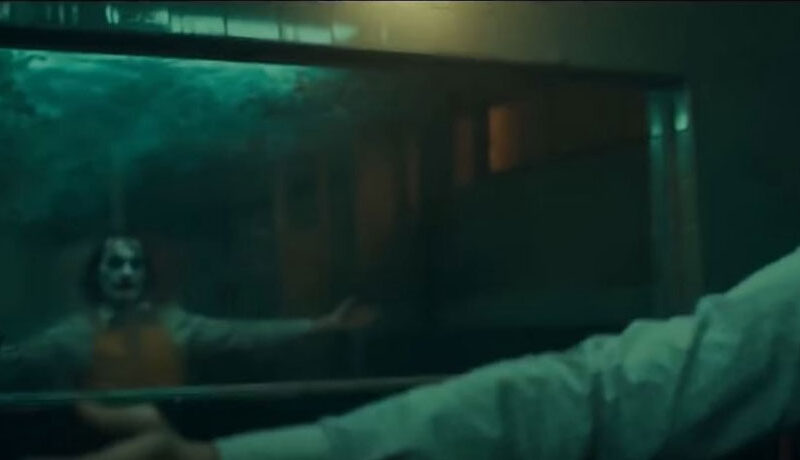How can I address racial jokes on TV?
How can I address racial jokes on TV? https://mediatrics.com/wp-content/themes/corpus/images/empty/thumbnail.jpg 150 150 Mediatrics Mediatrics https://mediatrics.com/wp-content/themes/corpus/images/empty/thumbnail.jpgQ: My kids and I have recently discovered reruns of the TV show Everybody Hates Chris. The program depicts the racism Chris Rock felt as he was growing up in the early 80s. It is funny, but I wonder whether the blatant stereotyping and prejudices portrayed are good things for my kids, ages 13 and 11, to watch. We do discuss the show’s content, but I am not certain they can separate this type of humor from real life. Unfortunately, our community is not diverse and I don’t want them growing up with preconceived notions.
–Reconsidering Racism in Portland, ME
A: The fact that you’re concerned with how your children interpret this show is a good indicator of how in tune you are with their understanding of it and how it affects them, so kudos to you! As you demonstrate you already know, humor around racism, sexism, discrimination or hate in any form tends to be very mature, and usually dark and painful. Richard Pryor, for example, built his career by shining a bright light on our prejudices; Chris Rock is doing something similar here.
While 13 and 11 year olds are very smart in many ways, their brains are still works in progress and cannot yet understand the nuances of a show like Everybody Hates Chris. Irony is a complex and sophisticated form of humor that often requires an adult brain to fully appreciate. (See related Q&A about handling sarcastic TV shows.) Additionally, most adults have seen the injustice and cruelty of racism, so we laugh as a means of coping and reclaiming our humanity in the face of suffering. Children, on the other hand, may not have experienced (and therefore cannot appreciate) the realities of racism (particularly in a community with little diversity). Kids may take the jokes at face value and think, “It’s funny to demean someone based on their race (or sexuality, etc.).” Or, they laugh because you are laughing, without knowing what you are laughing about.
Unfortunately, research indicates that:
- While the ratios are improving, kids’ TV is still dominated by white actors—and minority actors that do appear are often portrayed in stereotypical ways.
- The racial identities of minority youth are negatively affected by TV portrayals of African Americans and Latinos. This can have profoundly lasting effects on self-esteem and self-confidence.
- Television characters regularly show racial bias, even when they don’t make ethnic comments or slurs.
- Even prejudice-prevention TV programs don’t change kids’ attitudes about race—that requires thorough discussion with parents or others in response to the program.
One way to approach this might be to provide a counterpoint by sharing media that reveal the other side of the story, such as the excellent documentary series Eyes on the Prize. Discuss some of the history of racism at a level appropriate for your kids, not to upset them, but to provide the reality check necessary to help them understand the complexity of humor that this subject matter requires.
Ultimately, what you do is more important than what you say to your children. Model for them an approach to media, and to life, that reflects the perspectives, attitudes and beliefs that you want them to bring to the heterogeneous world, full of people with different backgrounds, perspectives, and needs, in which they will need to live and thrive in the future.
Enjoy your media and use them wisely,
The Mediatrician®




